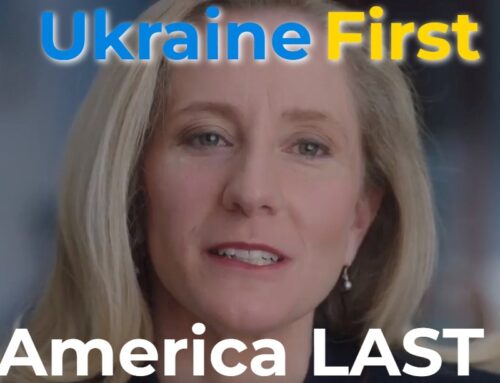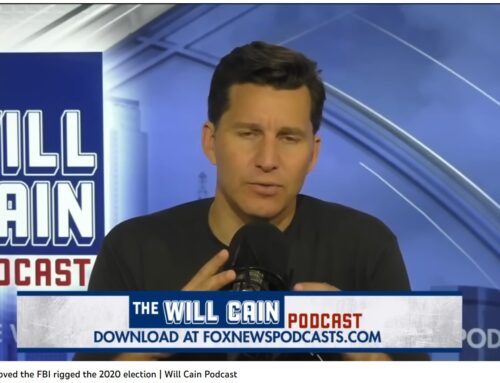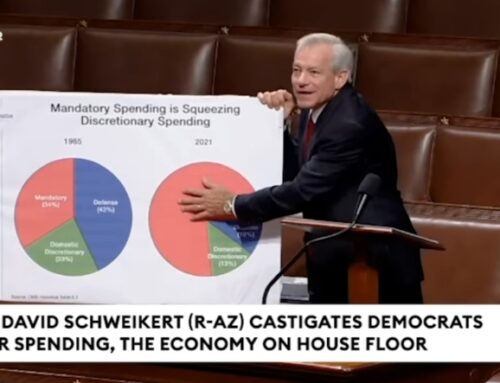“We hold these truths to be self-evident that all men are created equal and endowed by their Creator with certain, unalienable rights.”
When those words were written, there were certain things that everyone knew were rights because they were obvious. But today everything is being called a “right” and, as time goes on, more and more things are being given that label so that it’s becoming less obvious what is a right and what isn’t.
If we want to find out what rights we have, they are listed in the Declaration of Independence. Among our unalienable rights are life, liberty, and the pursuit of happiness. However, all of our Founding Fathers understood “the pursuit of happiness” as meaning the right to own property. The Declaration of Independence also explains that the purpose of governments is to secure our rights.
A “right” is something we are legally entitled to, such as something we own or something that is owed to us, as in a debt. “Unalienable” means something that is not alien or foreign to us; therefore, life, freedom, and our property are not something that is alien to us but something we have a right to, and it is the duty of government to protect and preserve those rights.
Since everyone has a right to these things, they cannot be taken from one group of people in order to provide another group with them. For example, you can’t take someone’s life or freedom in order to give life or freedom to someone else without violating the right of the person it was taken from. You can’t take someone’s property and give it to someone else without violating the rights of the person from whom it was taken. Therefore, the test of whether something is a “right” is when someone is entitled to receive something without taking it away from someone else. However, we do have the right to give away whatever belongs to us whether that is our life, liberty, or our property. But no one has the right to take them from us without our consent.
Therefore, when we must take from one person in order to provide for someone else, that’s not a right. For example, if we say everyone has a right to healthcare, housing, food, or an education, if we can only provide those things to people by taking someone else’s money, land, or other property without their consent, then those aren’t rights.
That is a self-evident truth, or at least it used to be.






